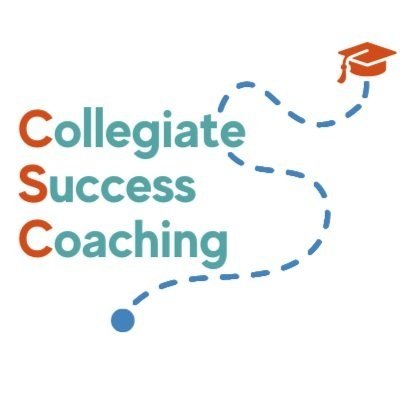Rapid Forgetting and Other Ways to Fail a Test
When you were in school, what was your "go to" way to study? Did you employ the "read over your notes" method? How about the flashcard technique? Or maybe you were just an "all-nighter crammer." Of course, there's the "highlight everything" method. There are so many wrong ways to choose from; although, flash cards do earn an honorable mention. It's funny how we create these methods of learning without knowing much at all about how learning actually works.
I'm still very much a novice in the field of cognitive science, but the more I learn, the more confused I am by why traditional K-12 schools don't teach students how to learn more effectively and efficiently. The methods described above that students so readily gravitate toward can be lumped together in one category called "rapid forgetting." That's when you tax your working memory with the task of holding as many disparate "chunks" of information as possible until it can be regurgitated on a test or some other short-term memory task. In other words, no connections are made to things you already know, and there's no real intention of moving it into long-term memory. Those ideas have zero chance of becoming part of your crystallized body of knowledge. Essentially, the study methods that most college students use are a big waste of time, not to mention precious tuition dollars.
One of my favorite brain scientists and learning gurus, Barbara Oakley, Ph.D., in her course "Learning How to Learn" describes the difference between the "rapid forgetting" method of cramming ideas and concepts into a short-term memory hold and the crystallized knowledge that is built through encoding information into long-term memory as the difference between a widely strewn pile of rocks and a sturdy brick wall. That is an image that sticks.
Encoding is where learning really happens, and that involves moving information back and forth between working and long-term memory, over time, in smaller chunks using retrieval, practice, prior knowledge, and elaboration. Here's where students often miss out. Because their sense of how long it takes to master something and because they are inexperienced planning their own time, they simply do not give themselves enough time to learn in this much more satisfying and productive way. Some of my clients lament, "Lynn, using the encoding strategies takes so much more time!" "Yes," I say, "and did you have to cram? Were you stressed out before your exam?". On reflection, they get it. "No, I didn't have to cram. I just knew the stuff for the test." I spend two to three sessions working on time management and creating a repeatable Plan of Study (PoS) with each of my clients. We "borrow" future stress and time that would have gone into cramming and spread it out over the weeks before a major test. Eyes are opened. "Oh, this is how you study!"


